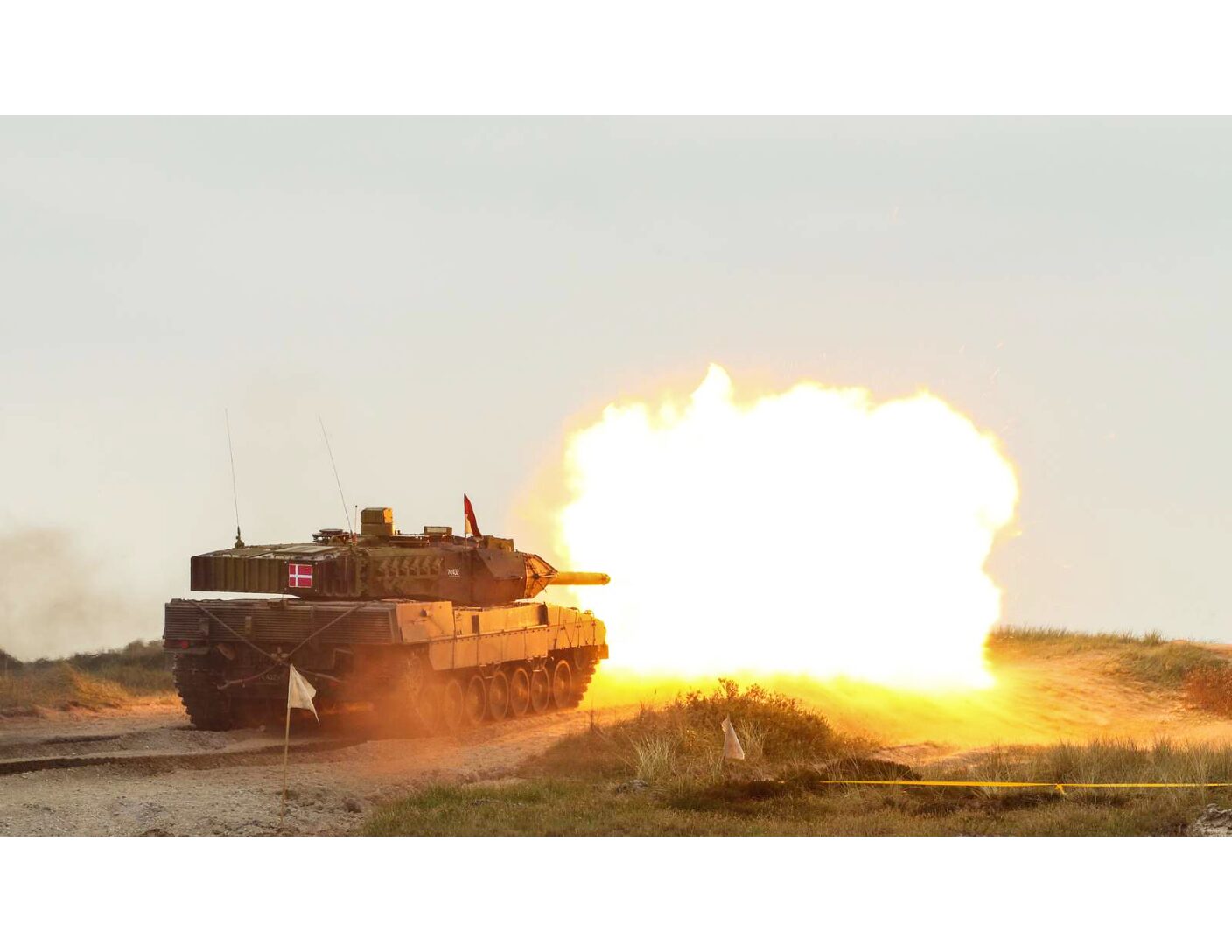German Tanks Will Roll Across Ukraine Again
After weeks of pressure from the United States and the North Atlantic Treaty Organization (NATO), Germany agreed to send 14 Leopard 2 tanks to Ukraine to bolster the Ukrainians’ dwindling supply of Soviet-era tanks, and many NATO countries have followed suit.
Since the beginning of the conflict in February, Germany has refused to lift the export ban on its Leopard tanks; meaning that nations that own Leopard tanks are not allowed to donate them to other nations.
One such country is Poland, who has donated nearly all of its T-72 tanks to Ukraine. And in recent weeks, Poland has been pressuring Germany to lift its export restriction on Leopard tanks, so that the Polish military can donate its supply of them.
On Jan. 24, German Chancellor Olaf Scholz agreed to lift the restrictions and promised to send 14 of Germany’s own Leopard 2A6 tanks to Ukraine. Germany’s sudden change in policy was followed by a wave of nations pledging their tanks as well.
Following Poland with 14 Leopard 2A4s and Germany with 14 Leopard 2A6s, Norway announced that they will send eight Leopard 2A4s, and Canada will send four Leopard 2A4s. Spain is considering sending 20 2A4s, Portugal four 2A6s, Denmark six 2A7s, and the Netherlands are considering sending all 18 of their Leopard 2A6s.
If these countries do send their Leopard tanks, that would be an additional 56 tanks, bringing the total number of Leopard 2s to 88 tanks, with Germany already saying they could send 66 Leopard 2s next month, and Spain 33.
Shortly after Germany’s decision, President Biden pledged 31 M1 Abrams tanks for Ukraine. And the United Kingdom announced that they will send 14 of their own Challenger 2 tanks. On top of Poland’s delivery of 14 Leopard 2A4s, the Polish Prime Minister said the country is ready to send 60 PT-91 tanks, which is an upgraded version of the T-72.
Government Department Professor Westberg, who specializes in Eastern Europe, said, “the advanced iterations of the Leopard and Abrams are not to be taken lightly on the battlefield and certainly represent a ratcheting up of Ukraine’s capacity on the battlefield.”
However, the tanks are not without their flaws. Westburg adds, “another critical factor to consider is the lack of established logistics networks for these advanced weapons, which means that damaged but salvageable vehicles will likely have to be transported back to NATO countries for service. The vast distance between the front and NATO territory means the tactical advantages of the tanks might be lost.”
Westburg conclusively added that, in his opinion, “the shipment of tanks is not a good sign if you’re hoping for an end to the conflict or de-escalation of the tensions. Instead, it will likely generate a new status quo that will become more apparent later this year and paid for in blood.”



